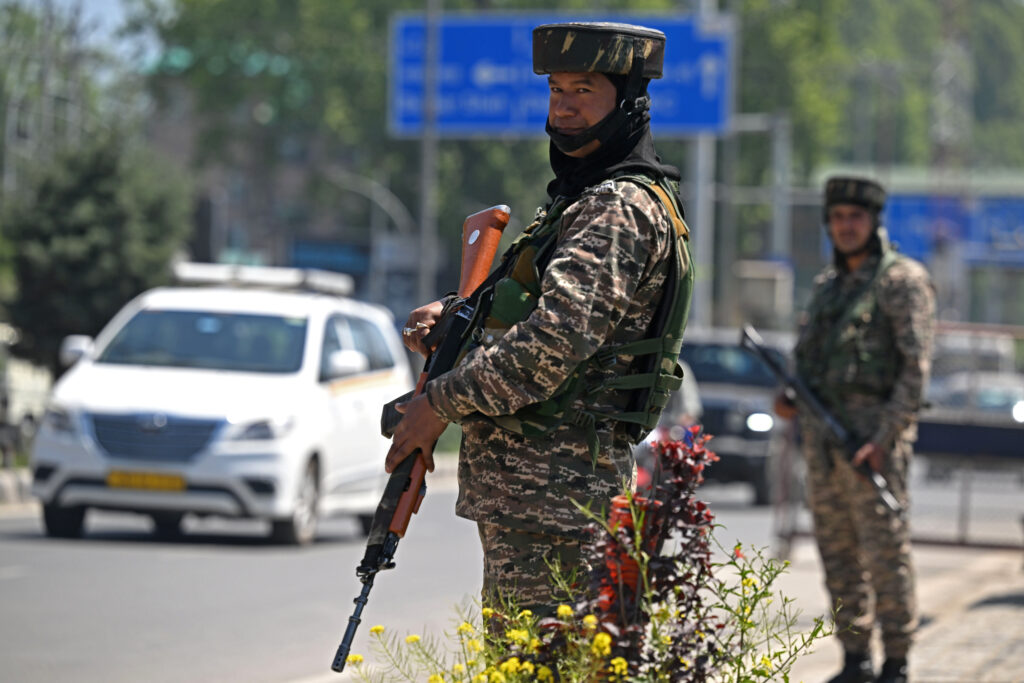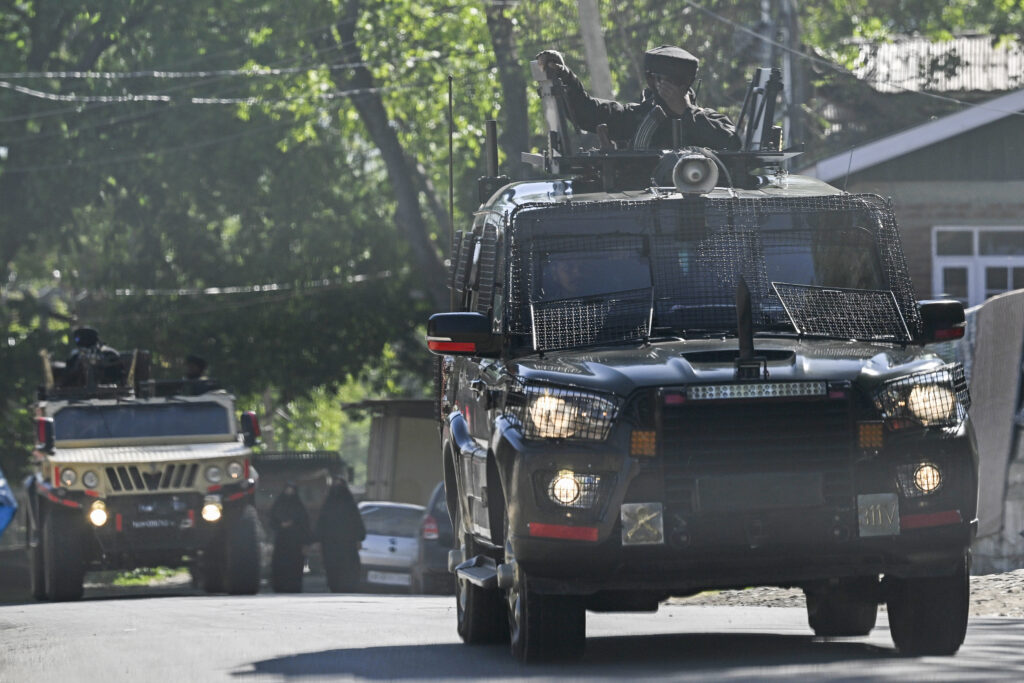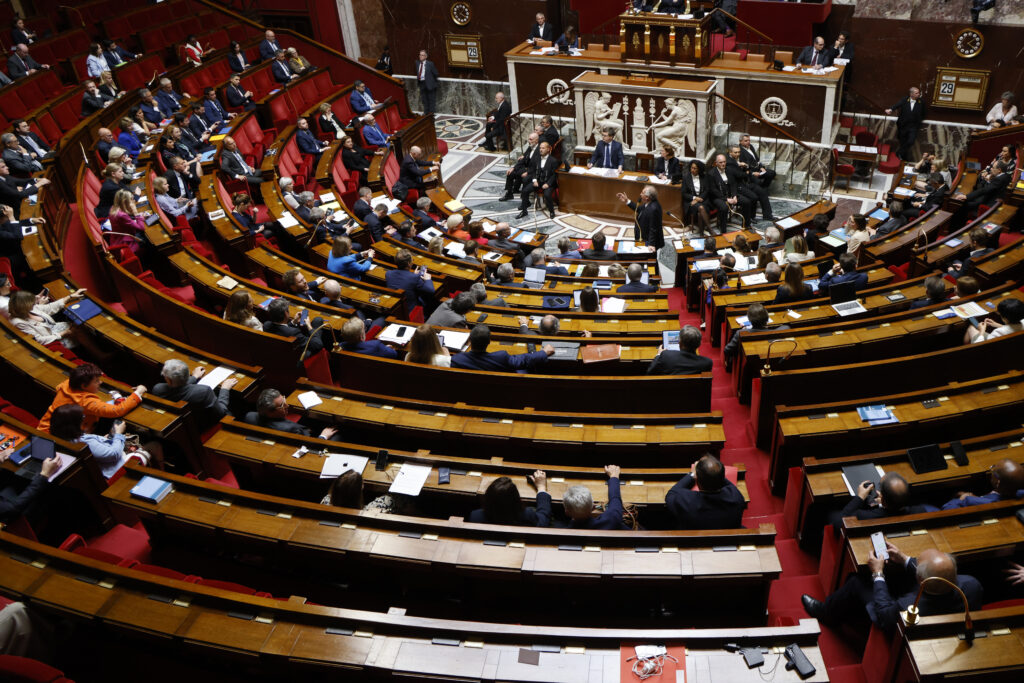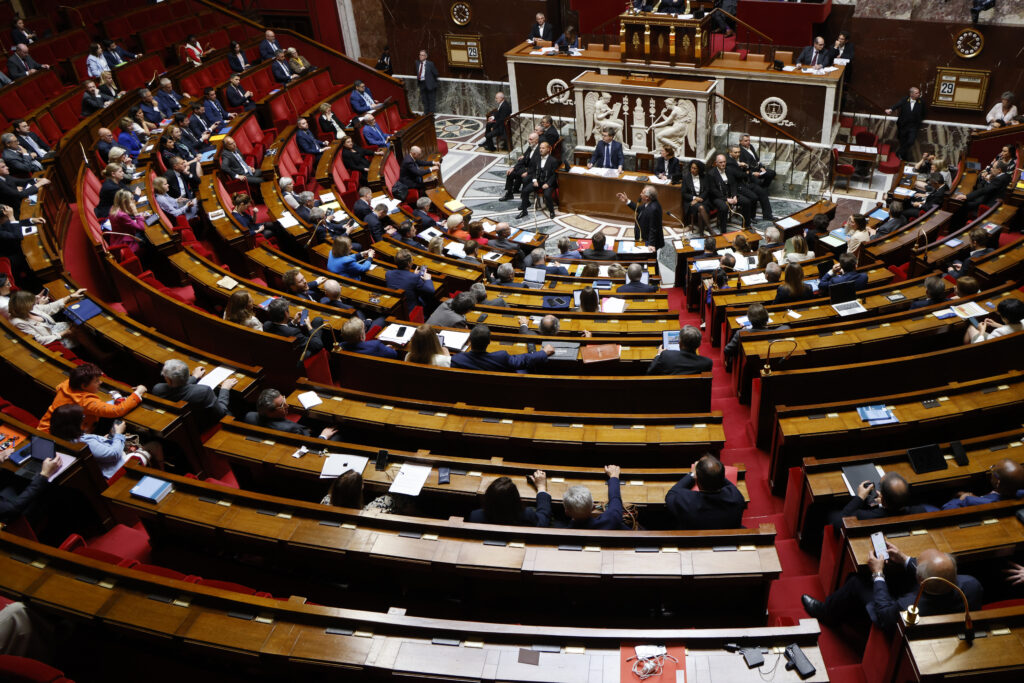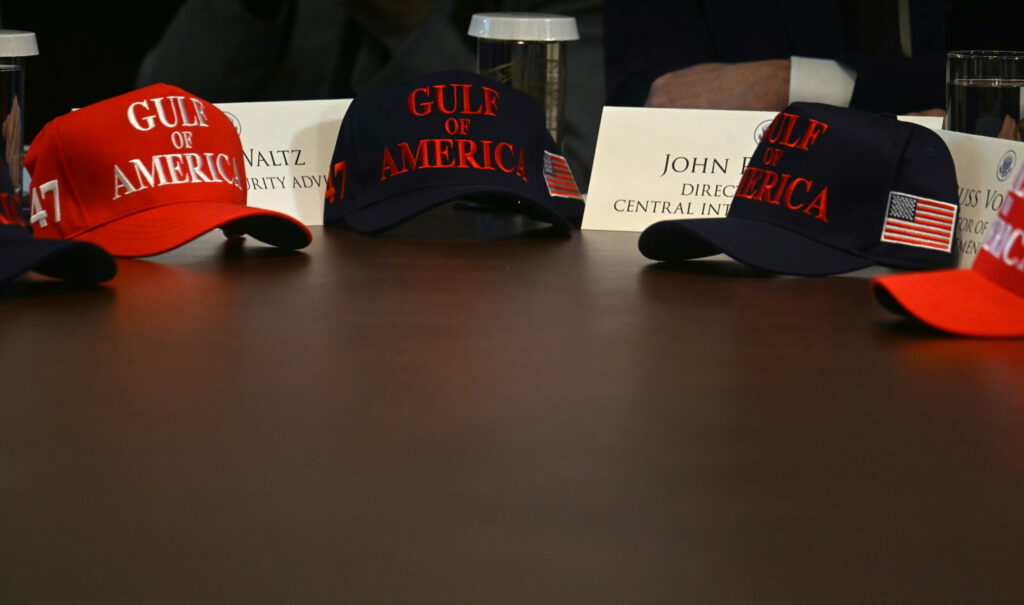Le Pakistan dit anticiper une frappe indienne imminente, Washington appelle à la retenue
Le Pakistan a dit mercredi anticiper une frappe militaire indienne sous moins de deux jours, après le feu vert donné par le Premier ministre indien Narendra Modi à des représailles à la récente attaque meurtrière au Cachemire. Dans une conversation téléphonique le même jour avec le chef du gouvernement pakistanais Shehbaz Sharif, le secrétaire d’Etat américain Marco Rubio a de son côté encouragé Islamabad à condamner cet “abominable” attentat et l’a “exhorté” à coopérer à l’enquête, selon Washington.M. Sharif a, à cette occasion, accusé l’Inde de “provocations” et de “viser l’escalade”, a expliqué son bureau, après la mort de 26 civils dans l’attaque à Pahalgam, au Cachemire sous contrôle indien.Dans un autre échange téléphonique avec son homologue indien, Subrahmanyam Jaishankar, M. Rubio a fait part de sa solidarité tout en prônant la retenue, l’Inde tenant le Pakistan pour responsable de cette attaque commise le 22 avril et jamais revendiquée. Le gouvernement pakistanais a nié toute implication dans l’attaque.Le chef de la diplomatie américaine a “également encouragé New Delhi à travailler avec Islamabad pour désamorcer les tensions et maintenir la paix et la sécurité en Asie du Sud”.”Le Pakistan ne frappera pas le premier mais n’hésitera pas à répliquer avec force”, avait auparavant martelé le ministre pakistanais des Affaires étrangères Ishaq Dar, après que Narendra Modi a, selon son entourage, donné mardi carte blanche à son armée pour organiser la “riposte”.- Tensions croissantes -Signe des tensions croissantes entre les deux puissances nucléaires voisines, les autorités indiennes ont annoncé mercredi la fermeture de l’espace aérien du pays aux avions pakistanais, répondant à l’interdiction par Islamabad du survol de son territoire aux avions indiens le 24 avril. Après des séries de sanctions diplomatiques, des accords rompus et des visas annulés, les deux pays nés en 1947 d’une partition sanglante ont commencé à échanger des tirs.Pour la sixième nuit consécutive, leurs soldats, parfois à quelques dizaines de mètres de distance sur la Ligne de contrôle (LoC), la frontière de facto au Cachemire, ont ouvert le feu.La veille pourtant les deux armées avaient eu leur entretien téléphonique hebdomadaire de “routine”, dont le contenu est habituellement tenu secret, selon les forces pakistanaises et une source militaire indienne. Islamabad a également annoncé avoir abattu deux petits drones de surveillance indiens entrés dans son espace aérien au Cachemire en l’espace de 24 heures.- Sous “24 à 36 heures” -Si ces escarmouches n’ont fait ni victimes ni dégâts d’importance, “le Pakistan dispose de renseignements crédibles selon lesquels l’Inde a l’intention de lancer une frappe militaire dans les prochaines 24 à 36 heures, en utilisant l’incident de Pahalgam comme prétexte”, a annoncé dans la nuit de mardi à mercredi le ministre pakistanais de l’Information, Attaullah Tarar.”Toute agression entraînera une riposte décisive. L’Inde sera pleinement responsable de toute conséquence grave dans la région”, a-t-il prévenu.Selon une source gouvernementale indienne, le chef du gouvernement ultranationaliste hindou à New Delhi a dit aux chefs d’état-major des forces armées qu’ils “avaient la liberté de décider des cibles, du moment et du mode de la riposte”.Au Cachemire pakistanais, en prévision du pire, le million et demi d’habitants des villages proches de la LoC font de la place dans leurs bunkers de fortune.Mohammed Javed, 42 ans, raconte à l’AFP avoir décidé de construire sa petite pièce souterraine de béton en 2017 après une précédente intensification des tensions.”Avec les provocations indiennes, on s’est tous réunis pour nettoyer les bunkers. Comme ça, en cas d’escalade, on pourra se mettre à l’abri des tirs ennemis”, dit-il.A Karachi, la capitale économique du Pakistan, la Bourse a plongé, les investisseurs redoutant une frappe indienne.L’attaque à Pahalgam “semble avoir donné au gouvernement de Modi le prétexte qu’il attendait pour répondre à son envie d’escalade guerrière”, a commenté mercredi Dawn, le titre pakistanais anglophone de référence.- Nombreuses arrestations -En 2019 déjà, après une attaque meurtrière contre ses soldats, l’Inde avait procédé à un raid aérien au Pakistan douze jours plus tard et ce pays avait riposté. Les hostilités avaient rapidement cessé, en particulier grâce à une médiation américaine.Au Cachemire contrôlé par l’Inde, les forces de sécurité sont engagées dans une gigantesque traque pour retrouver les auteurs de l’attentat et leurs complices.Dans cette région en majorité musulmane, elles multiplient arrestations et interrogatoires — 2.000 personnes ont été interpellées — et ont détruit neuf maisons liées aux suspects de l’attaque et à leurs complices.La police indienne a diffusé le portrait-robot de trois d’entre eux, dont deux Pakistanais.Elle les accuse de faire partie d’un groupe proche du LeT, le mouvement jihadiste Lashkar-e-Taiba basé au Pakistan, déjà soupçonné des attaques qui avaient fait 166 morts à Bombay en 2008.burx/sbh/jma/bds/lgo/phs
